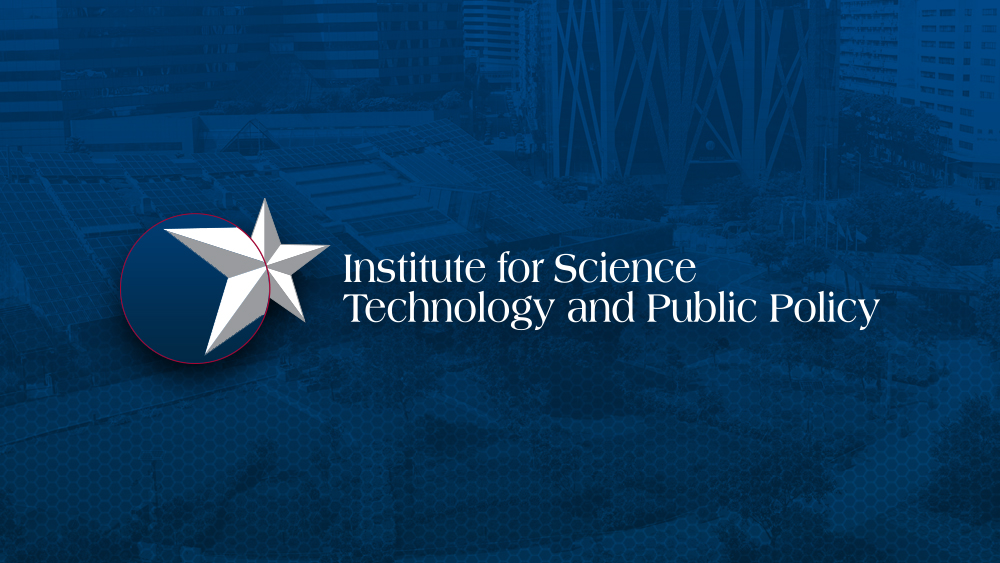
The Institute for Science, Technology and Public Policy (ISTPP) at the Bush School of Government & Public Service has named new researchers to its Fellows program – Dr. Natalie Johnson, Professor Felix Mormann, and Dr. Renyi Zhang.
Dr. Johnson is an Associate Professor and Chair of the Interdisciplinary Program in Toxicology in the Department of Environmental & Occupational Health at Texas A&M University School of Public Health. Her research interests focus on adverse health effects from air pollution exposure in pregnant women, children, and other vulnerable populations disproportionately exposed to pollutants, including fine and ultrafine particulate matter and volatile organic compound (VOC) mixtures. Dr. Johnson directs the mobile responding to air pollution in disasters (mRAPiD van), a unique mobile platform that allows for real-time detection of chemical air pollutants.
Professor Mormann is a professor of law at Texas A&M University School of Law. His research explores the legal, policy, and financial challenges to achieving a sustainable energy economy. His scholarship draws from literatures on environmental law, regulatory theory, law and economics, corporate law, technology innovation, tax law, and more recently, federalism. Dr. Mormann has published numerous articles on financial, market, and tax policy solutions for increasing energy production from low-carbon sources and mitigating climate change.
Dr. Renyi Zhang is a University Distinguished Professor and Holder of Harold J. Haynes Endowed Chair in Department of Atmospheric Sciences and Department of Chemistry, College of Arts & Sciences at Texas A&M University. Dr. Zhang’s scientific endeavors have contributed to the understanding of several major global challenges: (i) air pollution, (ii) weather extremes, (iii) climate change, (iv) stratospheric ozone depletion, (v) public health, and (vi) COVID-19 pandemic. His research has transformed the understanding of aerosol formation, its effects on the earth’s energy budget and hydrological cycle, aerosol influence on tropical cyclones, and climatic impacts of long-range transport of Asian air pollution, all of which are essential for understanding climate change and predicting weather extremes.
